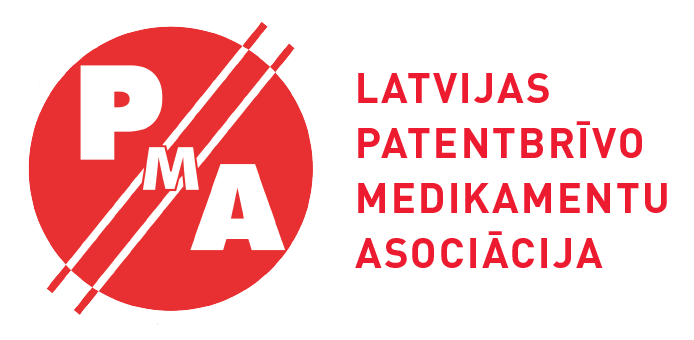Research “Use of generic medicines in Latvia: awareness, opinions and experiences of the population” by Ieva Salmane Kulikovska, Elita Poplavska, Marija Ceha and Signe Mezinska (2019).
Research “A comparison of generic drug prices in seven European countries: a methodological analysis” by BMC Health Services Research (2017).
“Comparing Generic Drug Markets in Europe and the United States: Prices, Volumes, and Spending” by The MillbankQuarterly (2017).
Article “Data exclusivity exceptions and compulsory licensing to promote generic medicines in the European Union: A proposal for greater coherence in European pharmaceutical legislation” by Journal of Pharmaceutical Policy and Practice (2017).
Article “Generic versus branded medicines: An observational study among patients with chronic diseases attending a public hospital outpatient department” by Journal of Pharmaceutical Policy and Practice (2017).
Questionnaire “Development and validation of a tool to assess knowledge and attitudes towards generic medicines among students in Greece: The ATtitude TOwards GENerics (ATTOGEN)” by US National Library of Medicine National Institutes of Health (2017).
Reacerch “Use of generic medicines in Latvia: Awareness, opinions and experience of the population and specialists” by Health Projects for Latvia. PDF in Latvian can be downloaded here (2015).
IMS Institute for Healthcare Informatics report “The Role of Generic Medicines in Sustaining Healthcare Systems: A European Perspective” (2015).
U.S. Food and Drug Administration Q&A about generic medicine (2015).
Open letter, 09.04.2020.
Open letter
To the Ministry of Health
To the Prime Minister of Latvia
To the Cabinet of Ministers of Latvia
To the Parliament of Latvia
April 9, 2020, Riga.
Mrs. I. Mūrniece!
Mrs. I. Vinķele!
Mr. K. Kariņš!
On increasing the availability of medicines
Considering the difficult economic and social conditions created by COVID-19, the Latvian Association of Generic Medicines wishes to draw Your attention to the fact that the availability of medicines to the population of Latvia is one of the lowest in the EU. Surveys show that almost a third or 28.4% of the population in Latvia have experienced financial difficulties in recent years to purchase reimbursable medicines prescribed by a doctor. Also, almost half or 45.8% of the population admit that they have been forced to buy only a part of reimbursable medicines because the amount of co-payments for medicines was too high. This is particularly the case for low-income older people, for whom the need to buy medicines is vital at this time. People who cannot afford to buy medicine pay for it with their health or even their lives!
The Ministry of Health had planned 86 million EUR for the reimbursement of medicines for the population when creating the budget for this year. Unfortunately, no such amount was allocated when the budget was approved. 86 million EUR would significantly aid the purchase of medicines for people, reduce the population's co-payments for existing medicines on the list of reimbursable medicines, as well as allow the inclusion of new diagnoses, incl. those that require innovative medicines.
The Latvian Association of Generic Medicines calls for an urgent assessment of the possibility of promoting the availability of medicines by increasing the amount of reimbursement for medicines in the amount of 86 million EUR previously planned by the Ministry of Health. At a time when the solvency of the population has fallen sharply and many people are experiencing an emotional, social and economic crisis, such a step is particularly important and urgent. We call on the Latvian legislators and government to ensure that in these tense conditions the most vulnerable people receive the maximum support!
Allocating 86 million EUR to reimbursement of medicines would allow patients to buy the medicines they need, and the state would avoid an increase in budget spending. In a situation where patients do not buy the necessary medicines due to lack of funds, their health deteriorates, treatment becomes more complicated, much more expensive, and the patient's ability to work decreases.
In order for the state and society to be able to function successfully in the long run, it is very important to invest state budget funds in improving the state of public health – both for people of working age who actively work and contribute to the country's development and for the socially vulnerable!
Egils Einārs Jurševics
Latvian Association of Generic Medicines
Chairman of the Board
